Will roundup kill tulip bulbs
Helen
17 years ago
Featured Answer
Sort by:Oldest
Comments (10)
jean001
17 years agomeldy_nva
17 years agoRelated Professionals
Beavercreek Landscape Architects & Landscape Designers · Maple Heights Landscape Architects & Landscape Designers · Anderson Landscape Contractors · Bowie Landscape Contractors · Painesville Landscape Contractors · Quincy Landscape Contractors · Four Corners Landscape Contractors · Sun Valley Landscape Contractors · Casselberry Landscape Contractors · Aurora Window Contractors · Lees Summit Window Contractors · Arroyo Grande Window Contractors · Cocoa Beach Window Contractors · Hammond Window Contractors · Prairie Village Window Contractorsusername_5
17 years agolindac
17 years agocutegeek123_yahoo_com
17 years agosylviatexas1
17 years agoSkybird - z5, Denver, Colorado
17 years agoAkimbo
6 years agoPam
4 years ago
Related Stories
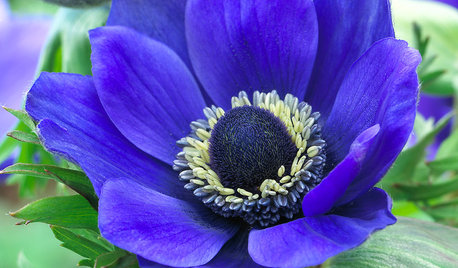
FALL GARDENING6 Splendid Blue-Flowering Bulbs
How do you blue? With colors from sky to cobalt, these bulbs will greet you merrily in a spring garden
Full Story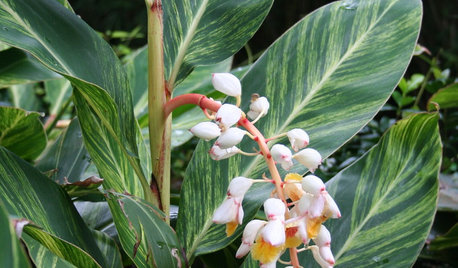
GARDENING GUIDES7 Tropical Bulbs for a Summer Garden That Wows
Try these stunners in summer's powerful heat for garden thrills with an exotic flair
Full Story
HOUSEPLANTSHow to Force Amaryllis Bulbs Indoors
Enjoy vibrant red blossoms even as gardens turn snowy white, by teaching this hardy repeat performer to ignore the calendar
Full Story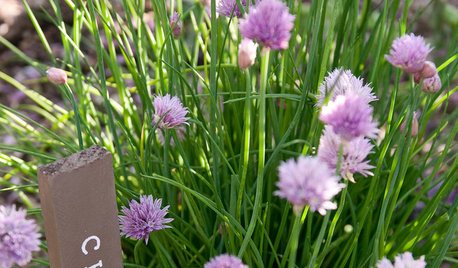
GARDENING GUIDESSimple Pleasures: Savor the First Spring Day in the Garden
How will you answer the call of the garden once the birds are chirping, the bulbs are blooming and the air is inviting?
Full Story
INSPIRING GARDENSA Spring Walk Through Piet Oudolf’s New Garden in the Bronx
This lush expanse of bulbs, perennials and grasses at The New York Botanical Garden is showing its color. Have a look
Full Story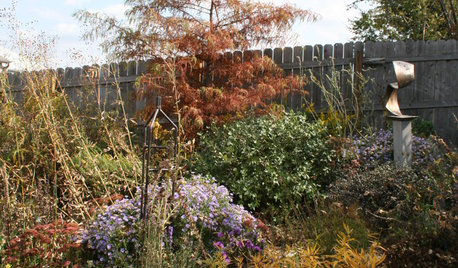
REGIONAL GARDEN GUIDESCentral Plains Gardener's October Checklist
Fall foliage color and crisp mornings, plus mulching beds and planting spring bulbs, make October a gardener's heaven
Full Story
HOUZZ TOURSMy Houzz: A Home Filled With Warm Memories of Travel
Antiques and pictures from a photographer’s world travels add character to her Northern California residence
Full Story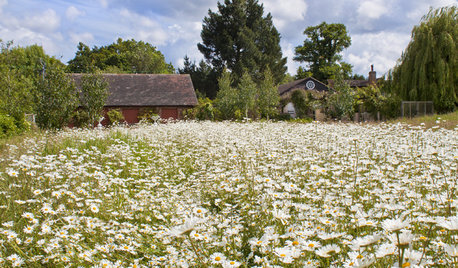
GARDENING GUIDESHouzz Call: What’s Your Favorite Backyard Beauty?
The simple, honest daisy is this writer’s go-to garden flower. We want to hear which plant, flowering or otherwise, gives you special joy
Full Story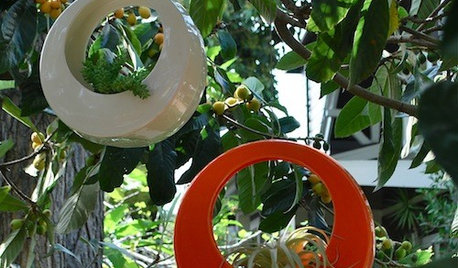
GARDENING AND LANDSCAPING40 Great Gifts for Gardeners
What to Get for Green-Thumb Types. It's a No-Gnome Zone.
Full Story
LIFEHard Winter? 9 Ways to Battle Cabin Fever
We know a lot of you are trapped where it just won’t stop snowing. Here are some ways to survive
Full StoryMore Discussions






JAYK